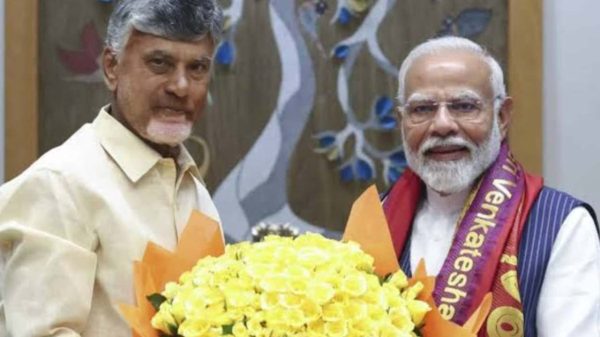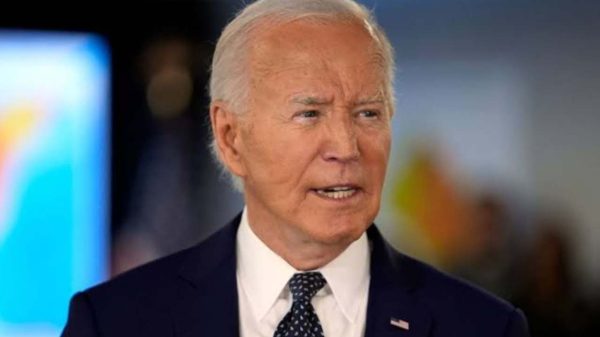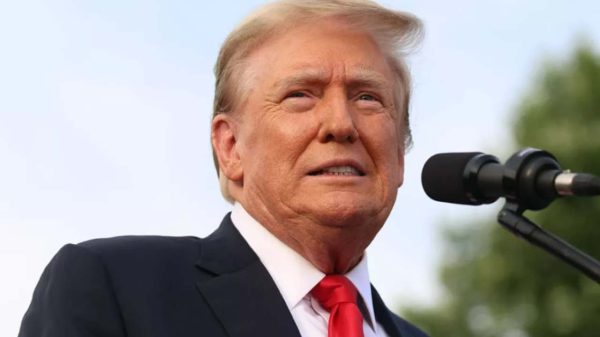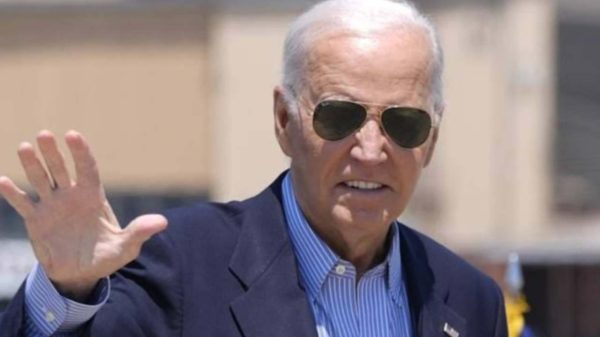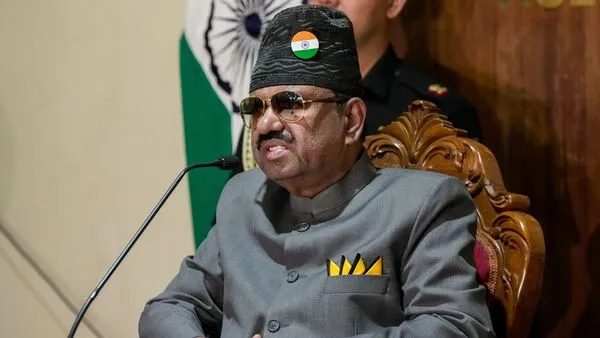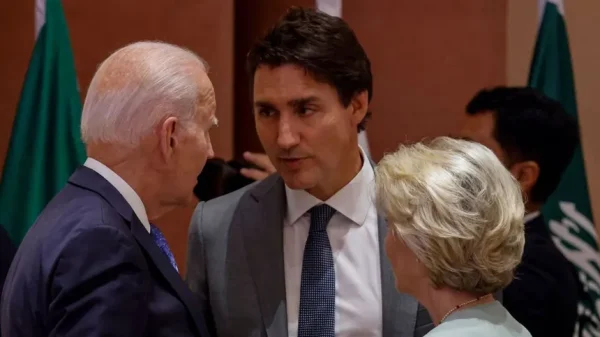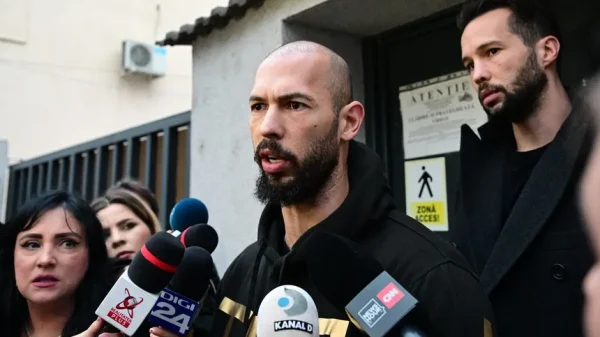Uruguay’s presidential election has sent the contest to a run-off in November, with the leading contenders vying for the small South American nation’s top office. According to an early count, the moderate leftist alliance, led by former mayor Yamandu Orsi, is leading the conservative governing coalition, led by ruling party candidate Alvaro Delgado, with more than 60% of ballots tallied. The two candidates have expressed their willingness to face off in a second round of voting on November 24.
Uruguayans will now decide whether to return the long-dominant centre-left coalition to power or continue the mandate of centre-right President Luis Lacalle Pou, who is barred from running for a second consecutive term. Lacalle Pou leaves office with a 50% approval rating, indicating a sense of satisfaction among the electorate. In contrast, voters in neighboring Brazil and Argentina have recently voiced their discontent with the status quo, making Uruguay’s election a notable exception.
The electoral contest has primarily focused on the rise in homicides and robberies, with the governing coalition advocating a tough-on-crime approach and the liberal coalition seeking to increase the state’s role in security matters. Additionally, voters are concerned about the approximately one in five Uruguayan children living in poverty and the low rate of high school graduations.

Yamandu Ors (Image via Getty)
Political analyst Julian Kanarek notes that the presidential campaign has been “far removed from the people” and has not achieved the level of engagement that Uruguay historically has. This sentiment may reflect the overall satisfaction with Lacalle Pou’s tenure, which has not been marked by dramatic changes or controversy. Despite this, the run-off election promises to be an interesting contest, with voters weighing their options and deciding whether to continue the centre-right coalition’s leadership or opt for a change.
The compulsory voting system in Uruguay, where 89% of eligible voters turned out, has added to the election’s significance. This high turnout is a testament to Uruguay’s commitment to democracy and its voters’ engagement with the political process. As the country prepares for its run-off election, the results will be closely watched by observers and political enthusiasts, providing insight into the nation’s values and priorities.











